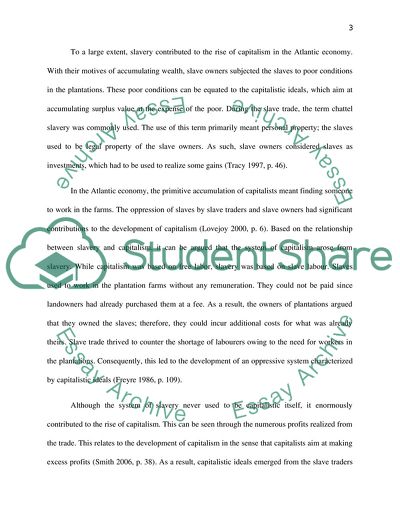Cite this document
(How Did Plantation and the Slave Trade Contribute to Capitalist Research Paper, n.d.)
How Did Plantation and the Slave Trade Contribute to Capitalist Research Paper. https://studentshare.org/macro-microeconomics/1771081-how-did-plantation-and-the-slave-trade-contribute-to-capitalist-development-in-the-atlantic-economy
How Did Plantation and the Slave Trade Contribute to Capitalist Research Paper. https://studentshare.org/macro-microeconomics/1771081-how-did-plantation-and-the-slave-trade-contribute-to-capitalist-development-in-the-atlantic-economy
(How Did Plantation and the Slave Trade Contribute to Capitalist Research Paper)
How Did Plantation and the Slave Trade Contribute to Capitalist Research Paper. https://studentshare.org/macro-microeconomics/1771081-how-did-plantation-and-the-slave-trade-contribute-to-capitalist-development-in-the-atlantic-economy.
How Did Plantation and the Slave Trade Contribute to Capitalist Research Paper. https://studentshare.org/macro-microeconomics/1771081-how-did-plantation-and-the-slave-trade-contribute-to-capitalist-development-in-the-atlantic-economy.
“How Did Plantation and the Slave Trade Contribute to Capitalist Research Paper”. https://studentshare.org/macro-microeconomics/1771081-how-did-plantation-and-the-slave-trade-contribute-to-capitalist-development-in-the-atlantic-economy.


